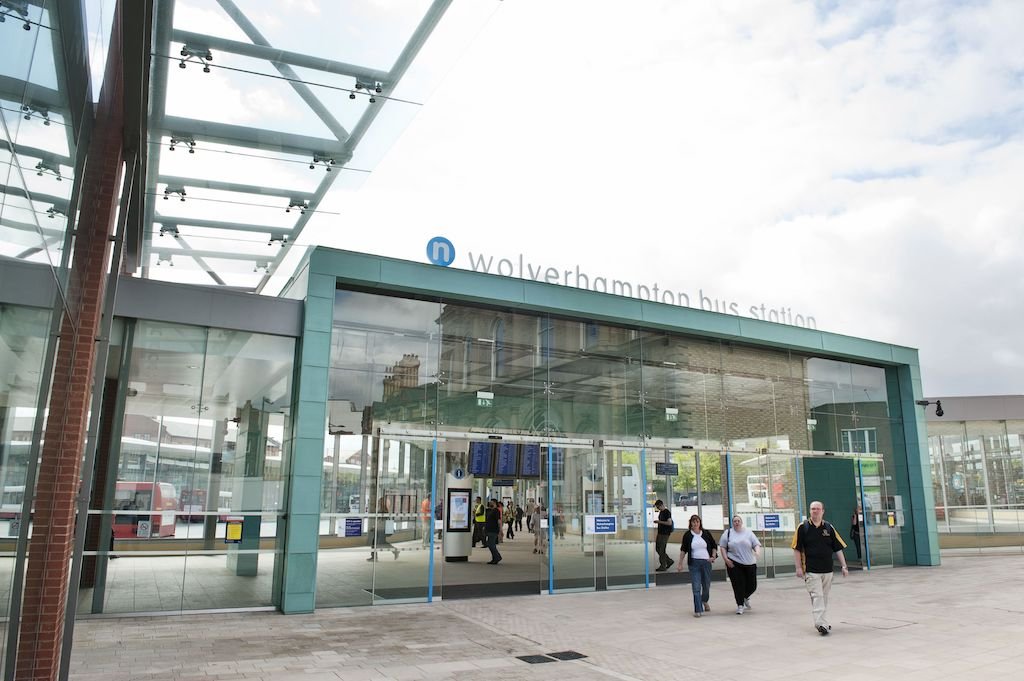Wolverhampton Bus Station trials smart phone to guide passengers with sight loss
The West Midlands Combined Authority (WMCA) claims Wolverhampton Bus Station has become one of the UK’s most accessible bus stations after implementing new smart code technology.
Using the free apps NaviLens and NaviLens Go in conjunction with a smart phone allows live information and journey details to be presented to a user on screen or read aloud, offering a more accessible way of accessing information for blind or partially sighted passengers, compared to conventional signage.
The six-month pilot has been brought in as part of a regionwide strategy from Transport for West Midlands (TfWM), which is part of the West Midlands Combined Authority (WMCA), to improve inclusivity and accessibility across its transport network.
Steven Hayes, TfWM’s head of network transformation, said, “It’s crucial that everyone, regardless of their personal circumstances, can easily access and use our region’s public transport… good public transport that quickly connects people to work, education, training, health and leisure destinations is a key part of our wider strategy to build a low carbon, more inclusive economy that gives people greater opportunities to improve their skills, find better jobs and secure good quality, affordable homes.
“We are looking forward to working with NaviLens to see how these new smart codes can further improve accessibility for everyone using the transport network.”
The colourful tags, which can be picked up by phone cameras, have been put in at floor-level decision points along the tactile path to provide wayfinding information. They have also been implemented on walls at points of interest within the station, with the intention of providing context and improved situational awareness.
By doing so, the smart codes can offer personalised directions around the station, including details of how to access and use amenities, as well as real-time departure information. This helps more passengers independently access relevant travel information, according to WMCA.
John Worsfold, RNIB solutions innovation lead, said, “This project uses NaviLens technology which has been specifically designed to enable blind and partially sighted people to be able to access and locate information and interact with the environment around them.”
The Wolverhampton Bus Station trial is scheduled to last until September.

